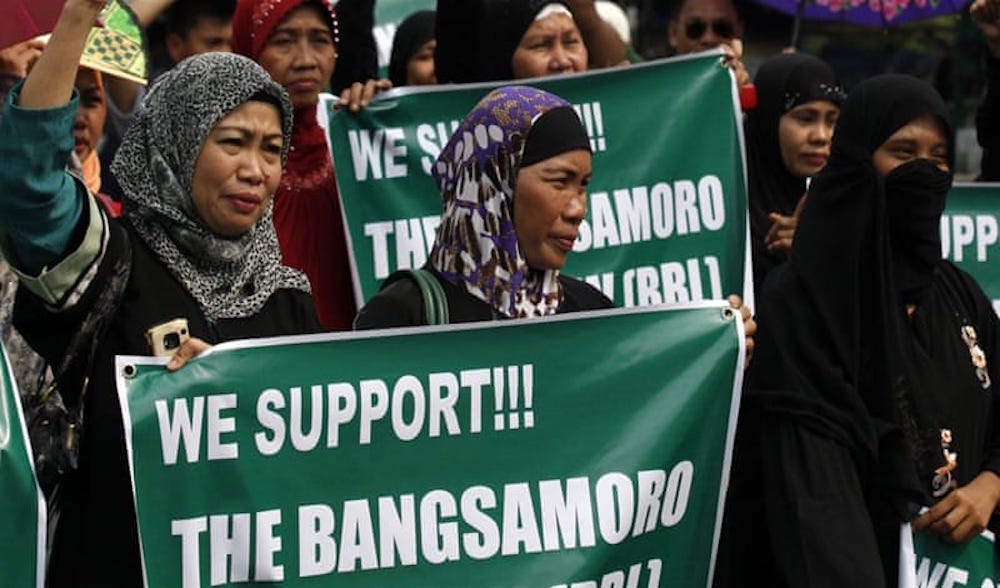JONAH AGLUBAT WRITES– The Philippines has had its fair share of corruption and authoritarianism, from multiple colonizations to annexations. Under the dictatorship of Ferdinand Marcos – who reigned for 21 years, from 1965 – 1986- the archipelagic nation has experienced states of extreme poverty, severe underemployment, and has been subject to uncontrolled corruption.
Much of the same trauma is being felt today.
My family and I have a personal stake in the effects of that corruption. In 1982, my grandfather was contracted by the Marcos regime to build low-cost housing in developing areas, which was seen as the job of a lifetime. However, by the time the project reached completion, the treasury had already been plundered to practically nothing, so payments were not made. Ultimately, this led to my grandparents immigrating to the U.S.
Now, we may be seeing the beginnings of blowback from that history entrenching itself in a newly formed area, the Bangsamoro Autonomous Region in Muslim Mindanao (known, simply, as BARMM). Mindanao is not only the largest island in the Philippines but a region that is home to 5-6 million Filipino minority Muslims (a.k.a Moros)-in a country that is predominantly Catholic.
Since the 16th century, the Moros have been in conflict with forces outside the region, beginning with the Spanish, and there is still no clear indicator as to when it will end. The guiding light in this generational struggle is the BARMM, which ratified the Bangsamoro Organic Law (BOL) in 2019. The law grants the Moros control over their ancestral land and allows them to form their own government – independent of the Filipino government. The BOL resulted from decades of peace-talks between the Philippines national government and Muslim rebel groups, such as the Moro Islamic Liberation Front (MILF) and Abu-Sayyaf, an Islamic Jihadist group associated with the Islamic State.
Currently, the BARMM is at a crucial turning point in moving toward peace in the region. It is led by the Bangsamoro Transition Authority- a cabinet of 80 members appointed by President Rodrigo Duterte- and serves as the interim regional government, with executive and legislative powers over the region. Its mission is to facilitate a transition from armed rebellion and militarization to peaceful processes, the granting of citizenship, and improved job opportunities for the Moros. The BTA was also assigned the task of creating foundational laws for the land, setting up a government infrastructure that can deliver basic services such as healthcare, education, reparation plans for families who suffered from these conflicts and the granting of amnesty to members of rebel groups.
There are only 8 months left for the BTA to do all of this, but the impact of the Covid-19 pandemic has left much unfinished work.
And so, the BTA is pushing for a delay in the regional government election, until 2025. If achieved, the next president would appoint 80 new members of the BTA, whose terms expire on June 30, 2022- the same day that the new Philippine leader assumes office.
Which leads to the ultimate question: Will the current regime prevail? What will the interim government do? Support the delay, and the peace plan, and so pave the way to more violence in the Bangsamoro struggle for self-determination? Or is a better future in store?

